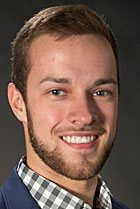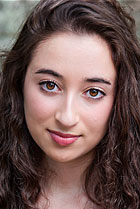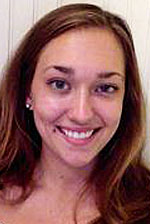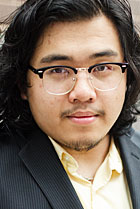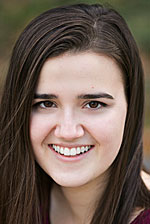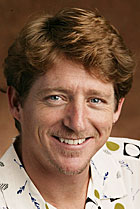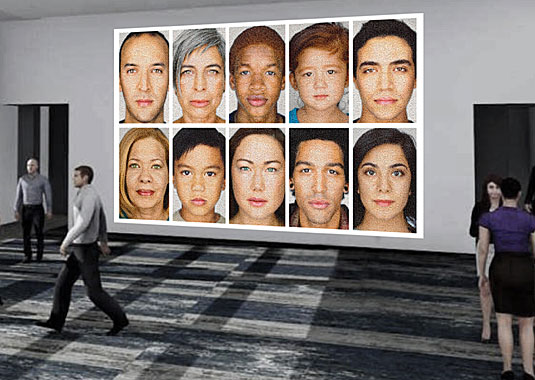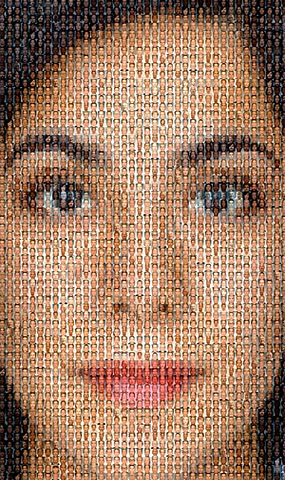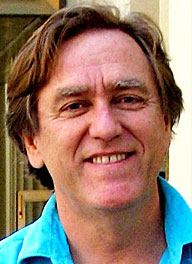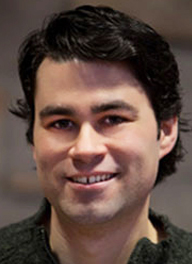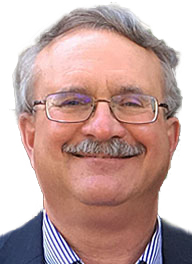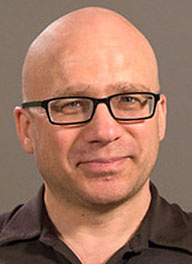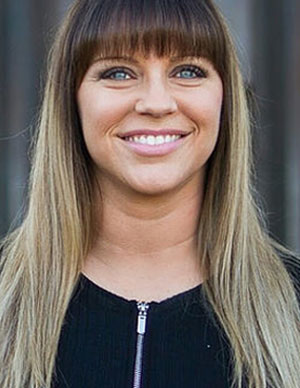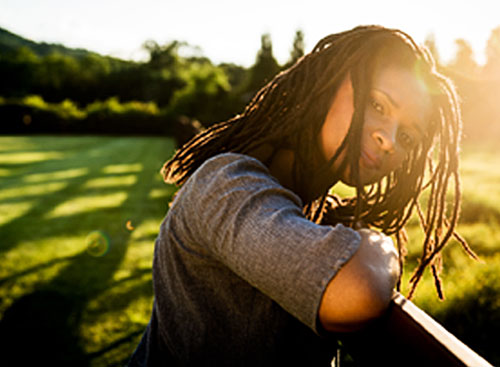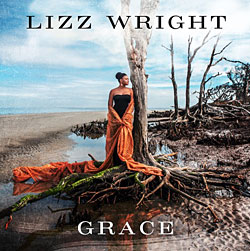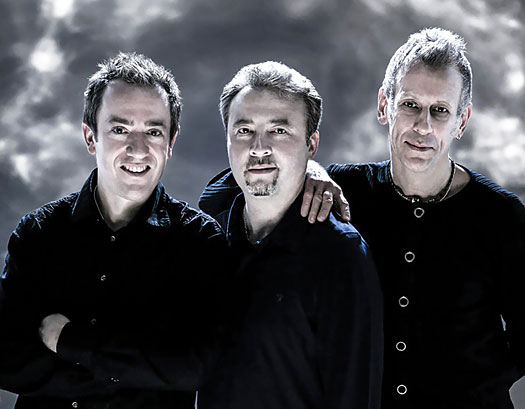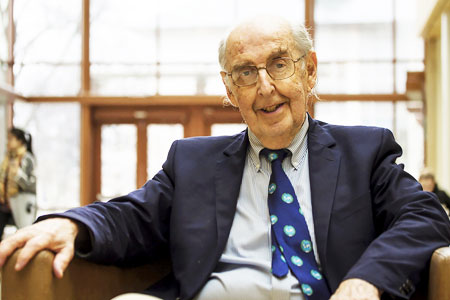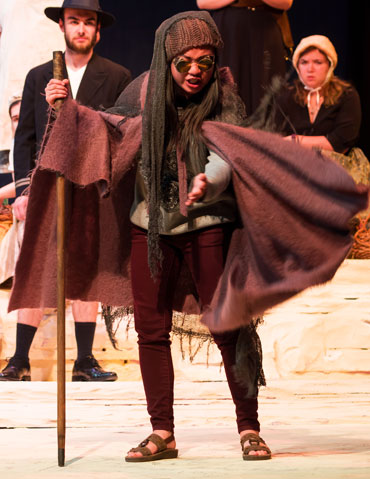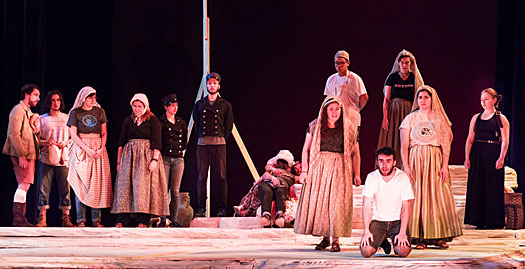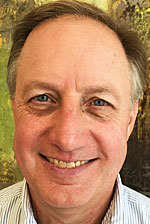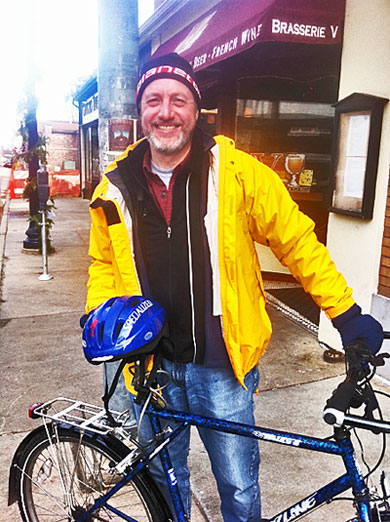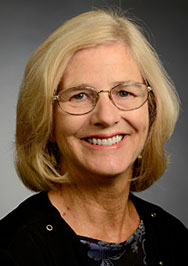Self-affirming and empowering strategies for individuals who have been targets of bias will be the focus of the latest presentation in Lawrence University’s cultural competency series.
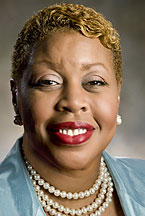
Kimberly Barrett, vice President for diversity and inclusion and associate dean of the faculty at Lawrence and Elizabeth De Stasio, Raymond H. Herzog Professor of Science and professor of biology, will co-lead the interactive program “Powerful Ways to Respond to Microaggressions, Stereotypes & Isms” Thursday, Nov. 16 at 11:30 a.m. in the Warch Campus Center. The event is free and open to the public, but advance registration would be appreciated at div-inclusion@lawrence.edu.
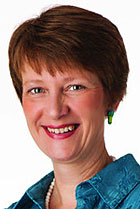
The program will include social science research to inform participants’ understanding of concepts related to microaggressions and stereotypes. De Stasio, who, with department colleagues and students, co-founded LEDS — Lawrentians Enhancing Diversity in the Sciences — will incorporate stories of microaggressions students have experienced in the natural and social sciences in a series of role-playing exercises as part of the program.
About Lawrence University
Founded in 1847, Lawrence University uniquely integrates a college of liberal arts and sciences with a nationally recognized conservatory of music, both devoted exclusively to undergraduate education. It was selected for inclusion in the book “Colleges That Change Lives: 40 Schools That Will Change the Way You Think About College.” Engaged learning, the development of multiple interests and community outreach are central to the Lawrence experience. Lawrence draws its 1,500 students from nearly every state and more than 50 countries.
